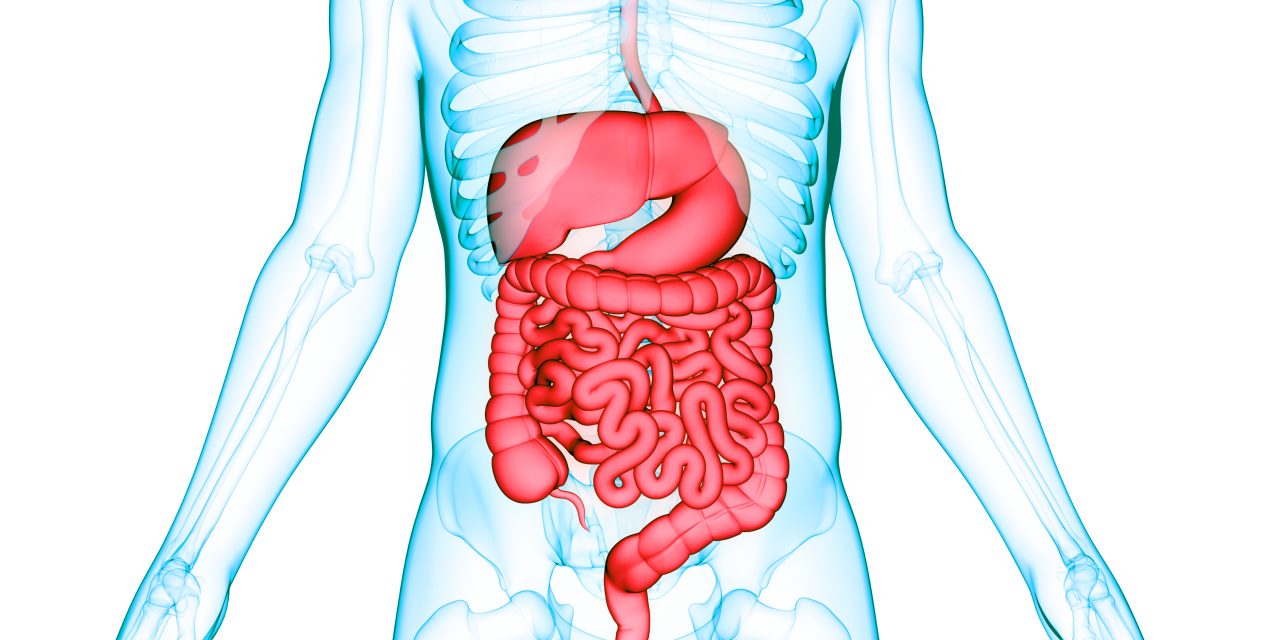Anillin (ANLN) is an actin-binding protein that is essential for cell division and contributes to cell growth and migration. Although previous studies have shown that ANLN is related to carcinogenesis, no pan-cancer analyses of ANLN have been reported. Accordingly, in this study, we evaluated the carcinogenic roles of ANLN in various cancer types using online databases.
We evaluated the potential carcinogenic roles of ANLN using TIMER2 and Gene Expression Omnibus databases with 33 types of cancers. We further investigated the associations of ANLN with patient prognosis, genetic alterations, phosphorylation levels, and immune infiltration in multiple cancers using GEPIA2, cBioPortal, UACLAN, and TIMER2 databases. Additionally, the potential functions of ANLN were explored using Gene Ontology and Kyoto Encyclopedia of Genes and Genomes analyses. Reverse transcription quantitative polymerase chain reaction and immunohistochemistry were used to determine ANLN mRNA and protein expression in colorectal cancer (CRC), gastric cancer (GC), and hepatocellular carcinoma (HCC) cell lines.
ANLN was overexpressed in various tumor tissues compared with corresponding normal tissues, and significant correlations between ANLN expression and patient prognosis, genetic alterations, phosphorylation levels, and immune infiltration were noted. Moreover, enrichment analysis suggested that ANLN functionally affected endocytosis, regulation of actin cytoskeleton, and oxytocin signaling pathways. Importantly, ANLN mRNA and protein expression levels were upregulated in gastrointestinal cancers, including CRC, GC, and HCC.
Our findings suggested that ANLN participated in tumorigenesis and cancer progression and may have applications as a promising biomarker of immune infiltration and prognosis in various cancers.
© 2022. The Author(s).
Comprehensive analyses reveal the carcinogenic and immunological roles of ANLN in human cancers.


